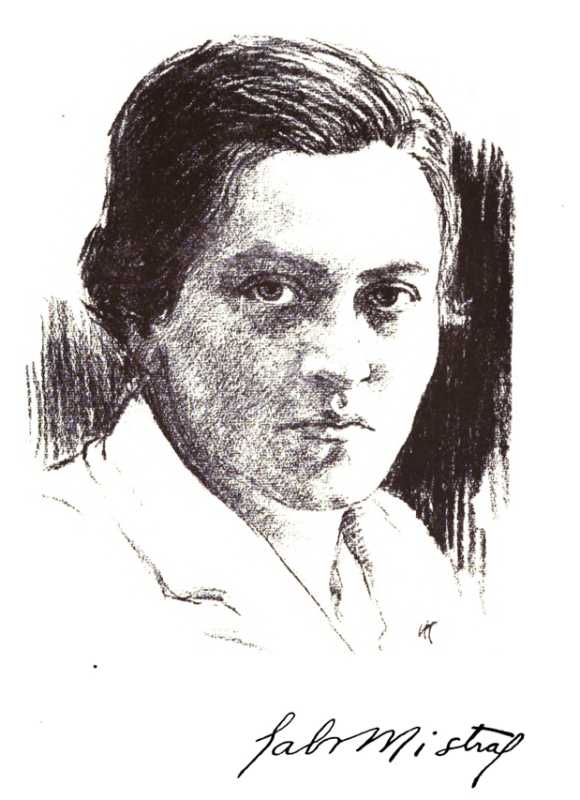Education
Gabriela Mistral: The Revolutionary Young Poet Who Defied Societal Norms

Gabriela Mistral, known at the time as Lucila Godoy Alcayaga, made waves in conservative Chile at the tender age of 17 with her groundbreaking essay ‘La Instrucción de la Mujer’ published in a local newspaper in 1906.
In the essay, Mistral advocated for women’s education as a means for independence and dignity, challenging societal norms and urging women to empower themselves through knowledge.
Despite her young age and relative obscurity, Mistral’s radical ideas on women’s rights were met with backlash from the conservative Chilean society of the early 20th century.
Her plea for women to educate themselves to break free from dependence and societal constraints was revolutionary and laid the foundation for her lifelong commitment to championing women’s education.
Gabriela Mistral grew up in a remote community in Vicuña, Chile, primarily surrounded by women after her father, Jerónimo Godoy Villanueva, left the family when she was just 3 years old.
Her autodidactic learning and upbringing by her mother Petronila Alcayaga Rojas and half-sister Ana Emelina instilled in Mistral a thirst for knowledge and independence from a young age.
With the support of Bernardo Ossandón, a teacher and journalist, Mistral delved into a wide array of subjects, expanding her intellectual horizons and fueling her passion for writing and education.
Through her early writings in local newspapers, Mistral began to make a name for herself as a budding intellectual and advocate for women’s rights, despite facing societal marginalization and criticism for her progressive views.
Mistral’s seminal essay ‘La Instrucción de la Mujer’ challenged traditional gender roles and societal expectations of women, emphasizing the transformative power of education in liberating women from societal confines.
Her call for women to prioritize knowledge over material possessions and societal norms sparked controversy but solidified her status as a pioneering voice for women’s rights in Latin America.
While Mistral did not explicitly align herself with the feminist movement of her time, her unwavering commitment to promoting women’s education and empowerment underscored her legacy as a trailblazing figure in the fight for gender equality.
Her impact on Latin American literature and advocacy for women’s rights continues to resonate today, inspiring generations of women to pursue education and strive for equality.












